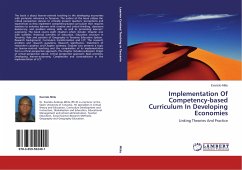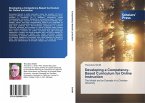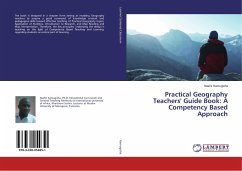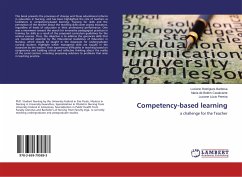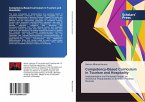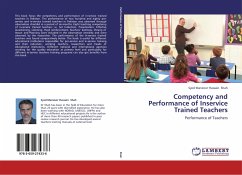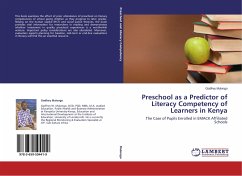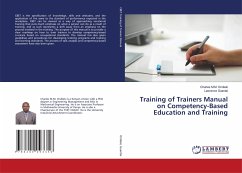The book is about learner-centred teaching in the developing economies with particular reference to Tanzania. The author of the book utilizes the critical perspective stances to critically present teachers' perceptions and experiences as they implement competency-based curriculum that requires teachers to enhance learners with creative and critical thinking, classroom democracy, and problem solving skills, as well as promoting learners' autonomy. The book covers eight chapters which include: Chapter one with subtitles: Historical overview of education, Education structure in Tanzania, Role and position of Geography in Tanzania Education System, Research background, Curriculum transformation and LCT, The research problem and research questions, Research significance, Statement of researcher's position and Chapter summary. Chapter two presents a topic on learner-centred teaching and the complexities of its implementation from a critical perspective approach. The chapter includes subtopics: Origin of critical perspective stance, Critical perspective approach: Basic premises, Developing learner-autonomy, Complexities and contradictions in the implementation of LCT.
Bitte wählen Sie Ihr Anliegen aus.
Rechnungen
Retourenschein anfordern
Bestellstatus
Storno

